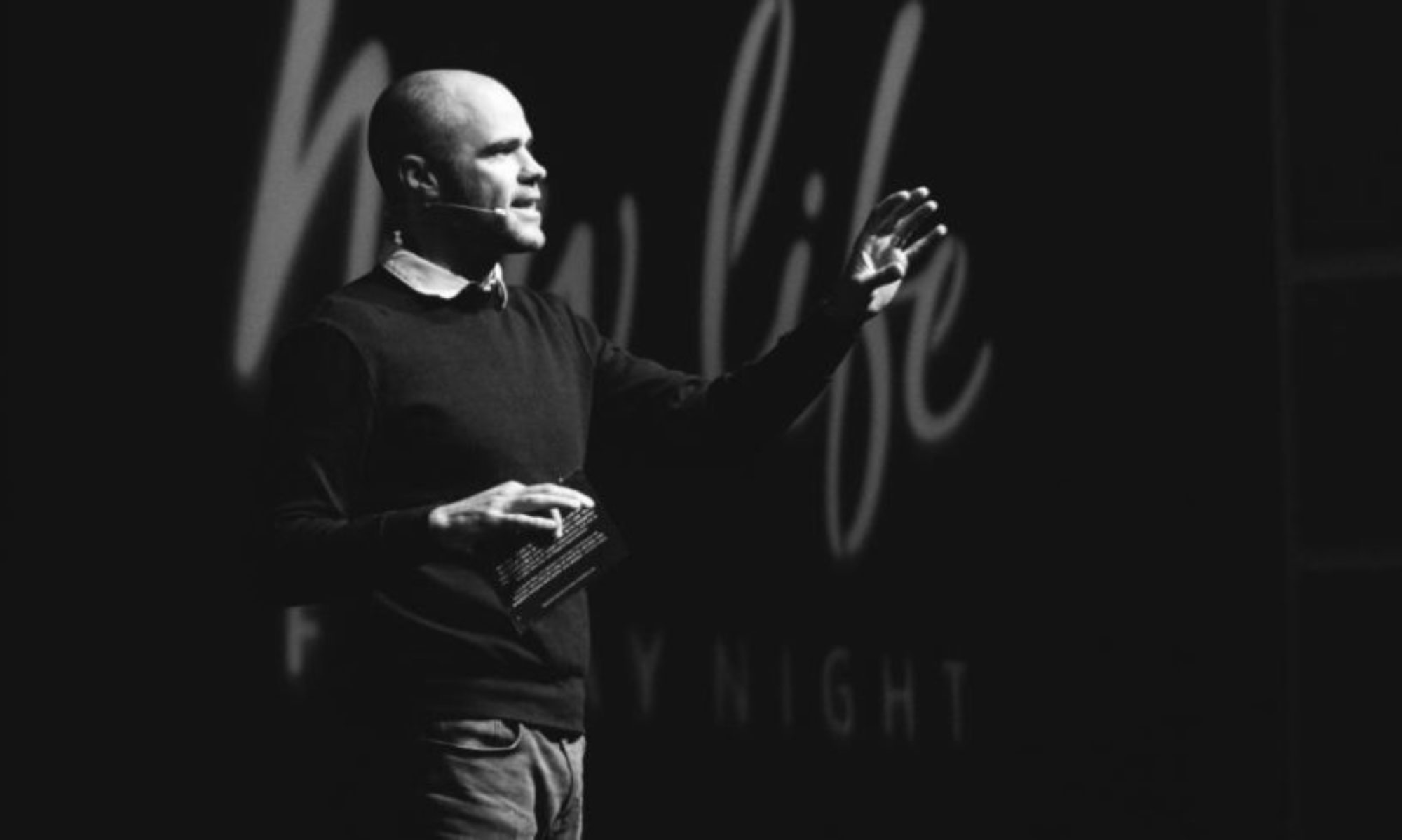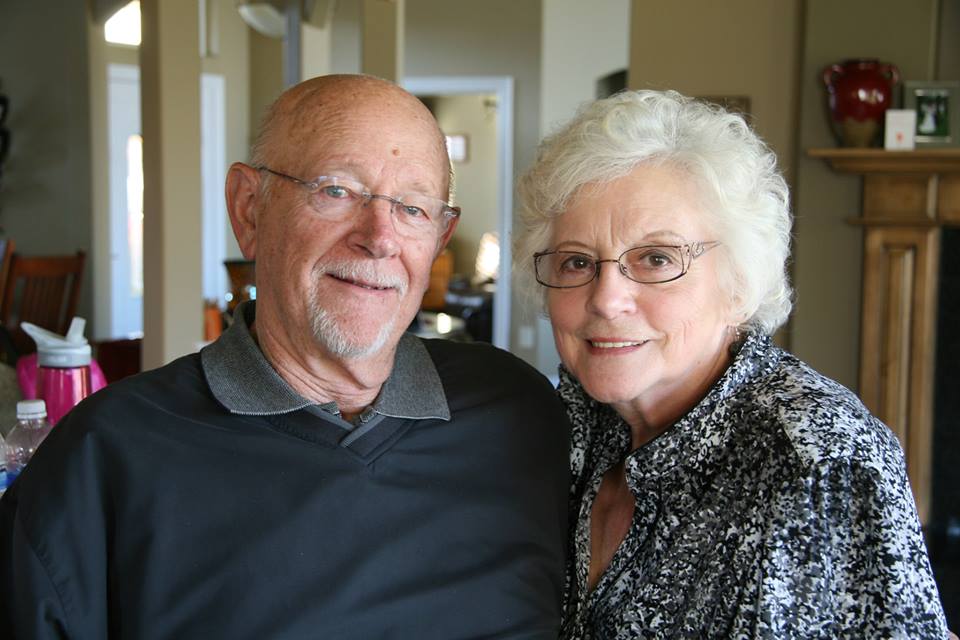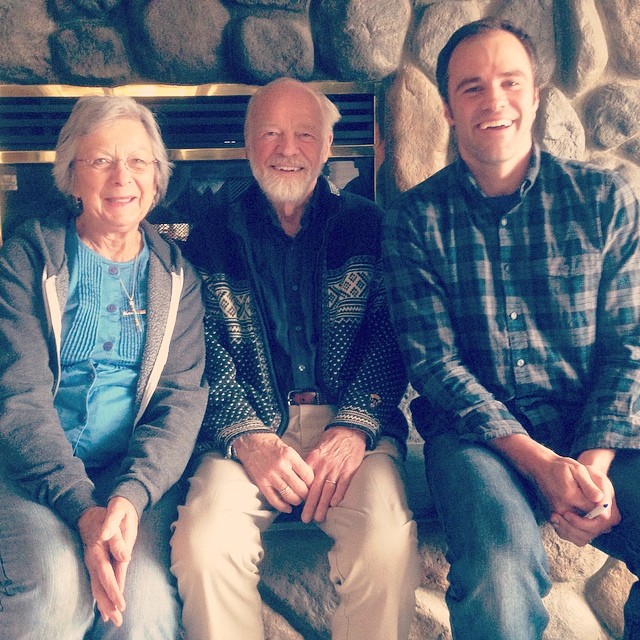Which Story? Which King?
Readings: Isaiah 59.15b-21; Psalm 72; Luke 19.28-44
A sermon on Palm Sunday in St Salvator’s Chapel, University of St Andrews
13 April 2014
By Professor N. T. Wright, St Mary’s College
One way in which mediaeval Britain learned the Christian story was through the Mystery Plays. We used to live in Lichfield, where every three years they put on an all-day display in several locations round the town. There are twenty-seven plays in the Lichfield cycle, each about ten or fifteen minutes, each performed in three different locations. The first one starts in the Market Place in mid-morning and then moves on to the other two locations, and the last one finishes outside the Cathedral shortly before sunset. I remember joining the crowds in the narrow city streets and finding excited groups of players making their way between locations, so that at any moment one might come across Noah going one way, Joseph and Mary getting ready somewhere else, or even the stage-hands preparing for the crucifixion scene. The whole city is swept along in a whirl of biblical narrative, with hundreds of people taking part in one way or another and many thousands coming to watch. The whole thing gives you the sense that we only ever see a little bit of God’s story but it’s going on anyway and we are caught up in it, like the city itself, whether we understand it or pick up the nuances or just catch odd bits here and there. And as the story sweeps on you feel that it is indeed bigger than any of us, a story about God and Jesus and the world and life and death and horror and joy and creation and redemption and tears and laughter . . . a story where everyone can find themselves somewhere, and perhaps catch a glimpse of what it might be like to be part of God’s own story. And part of the fun was to guess, or to ask, as you saw this or that group hurrying by to a new location, Which story is that woman in? Which bit of the great narrative are those children putting on? Was that Moses I saw going by? Isn’t that Pontius Pilate over there? Was that Jesus himself? Perhaps I should say, for anyone interested, that the Lichfield Mysteries will be on again next year, 2015. And there are others in other cities, too.
Theatre tells the old stories in new ways, and it helps us find ourselves, or recognise things about the world we mightn’t otherwise have noticed. I recently saw a performance of Macbeth in which the hideous witches who start things off turned up in the crowd scenes too, giving a sense of evil brooding around the edges of the action. In A Midsummer Night’s Dream Theseus and Hippolyta, the main King and Queen, are often played by the same actors who then play Oberon and Titania, the Faery King and Queen. Shakespeare is inviting us to see in the dream-world the normally hidden darker sides of their character; and, as always with Shakespeare, to see too the darker sides of our own characters, and the disasters that lurk in the half-imagined world just under the surface of apparent normality. And again the question comes, Which story are you in? The serene outer story, or the darker under-story where jealousy and suspicion and danger whisper and beckon from every corner? Which King is the real one, the pompous Theseus, or the troubling Oberon?
Street theatre is the best way to describe Jesus’ actions on the first Palm Sunday. It wasn’t entertainment, though people had a great day out. Jesus was saying something you couldn’t say any other way. Part of the question of Palm Sunday, the question I put to you this morning, is what it all meant, what it all means today. Which story was he enacting? What sort of king was he becoming?
Jesus didn’t do a lot of this kind of thing. He clearly intended that these actions would resonate, sending echoes bouncing off the walls not only of Jerusalem but of the scripture-soaked imaginations of the bystanders, particularly his disciples, who may have thought they were following a Theseus only to find that their king had turned into a stranger, darker monarch who they became afraid to know. Which story were they living in? Which king did they think they were following?
Jesus expected people to know the other plays that were on at the same time. Passover was approaching, and pilgrims were crowding the city. They would be telling the story of Moses and the Exodus, the plagues in Egypt, the Passover Lamb, the crossing of the Red Sea, the promise of freedom at last. Most of that retelling would happen in homes and inns, not on the street, but the large story would create a special atmosphere in the entire city. This was God’s story and everyone was part of it. Nobody saw it as mere ancient history. This was their story, the freedom-story which they wanted to come true again in their own day. And Jesus had invented a new mini-play to disrupt, re-interpret and transform that story.
Some have speculated that there was another bit of street theatre going on at the same time on the other side of town. Pontius Pilate, the Roman governor, normally lived in Caesarea-by-the-Sea, with its temple to the divinized Emperor Augustus. But, for the great festivals, Pilate would come up to Jerusalem to prevent trouble. He would arrive, from the west, on a military horse with an armed escort. We don’t know if Jesus timed his own mini-play, coming in from the east, to coincide with Pilate’s triumphant arrival, but people may have linked the two and would be asking themselves, Which story do we belong to? Which king do we belong to? Which is the reality, and which is the parody?
Some things would be clear. In a world of few books but many scripture-readings, the crowds would pick up Jesus’ reference to Zechariah’s prophecy about a king riding a donkey. But if that got them thinking about royal prophecies they might get confused. The Psalms speak of God’s son, the coming king, bruising the nations with a rod of iron, and dashing them in pieces like a potter’s vessel. Was that the story they were living in? Was Jesus that sort of a king – making an apparently peaceful demonstration now, but getting ready for a sudden signal, a legion of angels, a surprise attack, and a fierce freedom like that won by Judas Maccabeus two centuries earlier? Everybody knew that story, too, and since Judas Maccabeus’s followers had waved palm branches when he entered the city perhaps they were hoping for a re-run, a sequel. Street theatre quickly becomes complicated. Which story are we living in? What sort of a king are we following?
We know, as they did not, how it would end. We wonder at the fickleness of the crowds – though anyone looking hard into the mirror would not wonder very long. The western Christian tradition has easily imagined that the crowds got it wrong, because they were wanting a this-worldly freedom, but – so we have supposed – Jesus was offering spiritual freedom, a kingdom after death, way beyond the blue. Passover then becomes a metaphor; Pontius Pilate becomes irrelevant; and instead we have Plato. But the Palm Sunday street theatre tugs at our elbow to make a different point, indicated by today’s other two readings.
Psalm 72 speaks of the king who brings justice and peace, from sea to sea and away to the ends of the earth. He makes the poor his priority; he puts into practice the justice of God himself, and so he brings the peace of God himself. But as we hold that picture in our minds and look back at Luke’s telling of Palm Sunday, we realise why it is that while the crowds are shouting Hosanna Jesus is sobbing his heart out. The sun is shining, the crowds are cheering, Jerusalem the golden is before him in all its majesty, but with his prophet’s eye he can see the disaster coming. He can hardly get the words out: If only you’d known – yes, you, even now – the things that make for peace – but you’ve shut your eyes. And it’s too late. They are coming – Pilate is coming, the monsters are coming, the brutes and the beasts are taking over the garden, and they will trample everything in their path, because you didn’t know the moment of your visitation. You didn’t recognise the time. You didn’t understand the play. You were living in the wrong story. You were looking for the wrong sort of king. You wanted a Judas, and you got a Jesus. You wanted war and I was leading you to peace. In our case, you were wanting a kingdom in heaven, and I was offering you one on earth; and by opting for the heaven-only one you have abandoned earth to the monarchs and the monsters who still take the sword and will perish by the sword.
And in the midst of it all we should hear Isaiah 59. You didn’t know the time of your visitation – in other words, as some translations explain, your visitation by God himself. Jesus has just told a story about a nobleman who came back to see how his servants had got on. His audience must have heard this as a God-and-Israel story: Israel’s God, having long promised to return in glory, was doing so at last. This was the climax of the play they wanted to be part of. But nobody had imagined that when God came back he would look like a young prophet, in floods of tears, riding on a donkey.
Now all this leads, of course, into sermons that might be preached later this week. The extraordinary twist in this story is that, having announced judgment upon Jerusalem for refusing God’s way of peace, Jesus went ahead, embodying simultaneously the love and the judgment of God himself, to suffer the Roman horror he had predicted for his people. That dark royal story lies at the heart of all subsequent Christian understanding of the cross, though it is a truth so strange that few hymns or liturgies plumb its depths. Theseus and Oberon are one and the same. Good Friday, itself a form of Roman street theatre, was taken up paradoxically within God’s street theatre, the play within the play within the play that explains everything else.
But, even without that sequel, the questions of Palm Sunday itself force themselves upon us.
First, the questions of which story we are living in, and which king we are following, remain urgent within our culture. As our public institutions are less trusted than ever, and our behaviour at home and abroad is more confused than ever, the stories which used to make sense of our lives have let us down. We thought we knew how the play worked: get rid of tyrants, and people will embrace democracy, peace, love and flower power. How quickly things have moved from Palm Sunday to Good Friday. The so-called Arab Spring has turned back to winter, as we have no idea what to do about Syria, about Israel/Palestine of course, and now about the Ukraine. We have run out of stories, we have run out of kings of whatever kind; all we think we can do is trust the great god Mammon, as though our fragile economic half-recoveries would trickle out into the mountains of Syria or the deserts of South Sudan. Give me Psalm 72 any day.
But that’s where the second question comes in, a personal question. If the Palm Sunday street theatre means what Jesus meant, it challenges all his followers, then and now. The crowds may have been fickle, but they were not mistaken. The two on the road to Emmaus had hoped he would redeem Israel, and they were hoping for the right thing – God’s kingdom on earth as in heaven, a this-worldly reign of justice and peace – but they had not glimpsed the means by which Jesus would bring it about. Right story, wrong king. Sooner or later this happens to all of us. We start out following Jesus because we think we know the Story, we know what sort of king we want him to be – and then things go badly wrong, he doesn’t give us what we wanted, and we are tempted to wonder if we’ve been standing on the wrong side of town, watching the wrong procession. Jesus warned us this would happen: we all have to live through a Holy Week, a Gethsemane, a Good Friday of one sort or another. That happens in personal life, in vocational life, as well as in public life. But we were not mistaken; and the world today, never mind the church today, urgently needs people, young and old, who will follow Jesus through Holy Week and on into the new Mystery Play which our mediaeval ancestors never imagined, the story of his kingdom of love and peace and justice coming on earth as in heaven. That is the Story; he is the King; and he’s looking for recruits, young and old, for a new bit of theatre, coming to a street near you.



